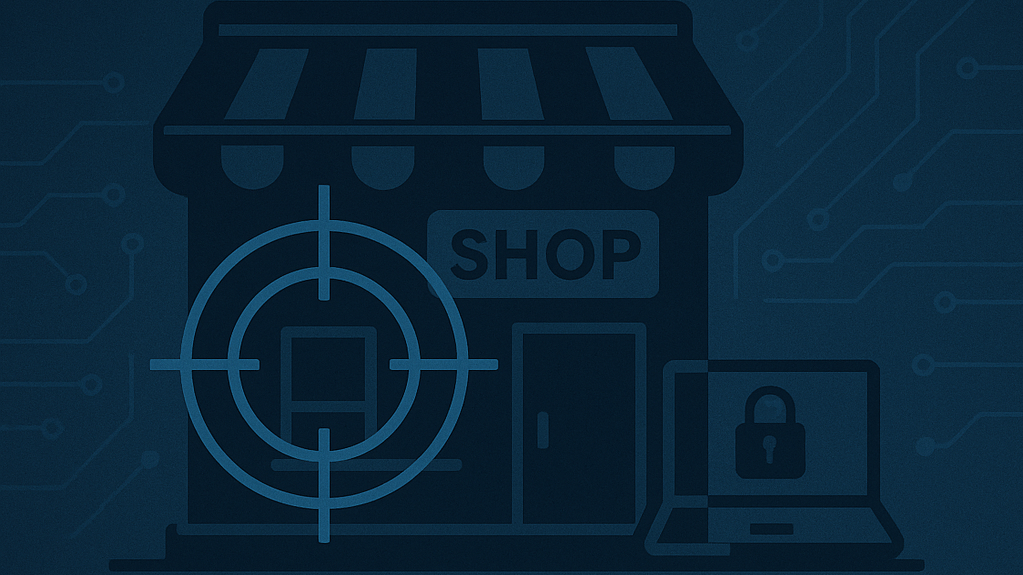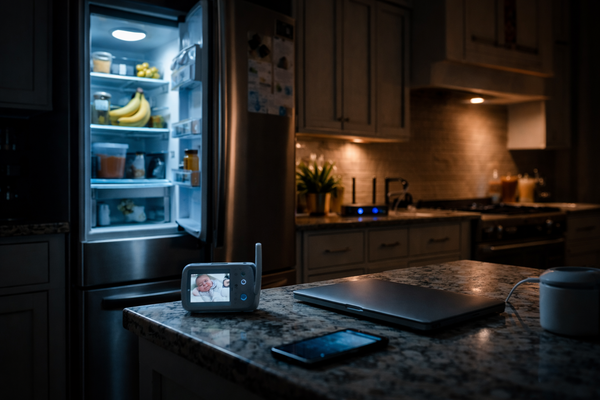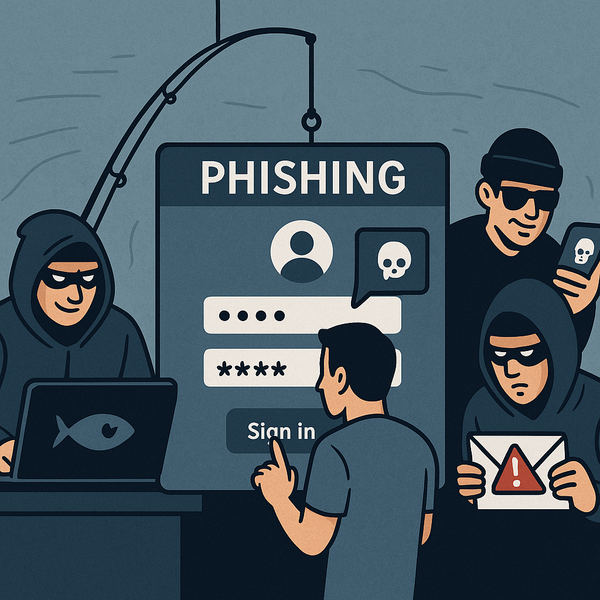Small Business, Big Target: Why Hackers Love Going After the Little Guys

When people think of cyberattacks, they probably imagine huge companies making the headlines, such as big banks, hospitals, government departments, and global brands. You probably don't think small businesses, family-run shops, or self-employed freelancers working from their kitchen table are targets, right? However, the truth is that everyone is a target, and small businesses are among the most vulnerable targets.
It's an easy mistake to assume that only large organisations get hacked. After all, they have more data, more money, and more to lose, right? Unfortunately, that very assumption is what keeps small businesses vulnerable.
The myth of being “too small to hack”
Attackers don’t sit there deciding who’s worth targeting; they automate almost everything. They run scans across the internet looking for websites with weak passwords, outdated software and plugins, open ports, or unpatched systems. Whoever fits the bill gets hit, regardless of whether you're big or small.
Another huge factor, as a small business, you're more likely to have limited IT support, fewer security controls, and little in the way of alerting, monitoring, and back ups. In many small businesses, cybersecurity falls to the bottom of the priority list (and that's if it even made it on the list)
There's also the supply-chain factor. Even if your business doesn’t hold sensitive data, you might have access to someone who does. You could be a supplier, a contractor, or a partner connected to a larger company. Attackers know that breaching a smaller link in the chain can be the easiest way into a much bigger target, and supply chain attacks are rapidly on the rise.
Why small businesses are so appealing
From a hacker’s point of view, small businesses strike the perfect balance: valuable enough to be worth exploiting, and (probably) not secure enough to cause any obstacles for them, making you an easy target if we are being completely honest.
A single small company might not be worth millions, but multiply that by hundreds of small compromises, and it adds up. Stolen credentials and customer databases have resale value on the dark web. Ransomware, in particular, thrives on this. Many small firms end up paying because downtime could destroy them.
Security doesn’t have to be expensive.
You don't need enterprise-grade tools or a millionaire's budget for cybersecurity. The majority of breaches happen because of basic oversights - weak passwords, falling for phishing updates, ignoring updates and forgetting back ups.
Start with the basics. Use multi-factor authentication everywhere you can. Use a password manager and use complex passwords. Keep your devices and software up to date. Make sure you’re backing up important data somewhere offline or in a secure cloud platform. If you’ve got staff, spend a bit of time teaching them what phishing looks like.
None of this is glamorous, and it might seem pointless because it doesn't get you customers or revenue. But without it, you could be the victim of a breach and have no customers and no revenue, put it that way.
If you’re a one-person business, this still applies.
If you’re self-employed or freelance, you might think this doesn’t apply to you either - but it does. In fact, you’re the IT department, the finance team, and the marketing manager all rolled into one. That makes your laptop and your accounts even more valuable.
Your business data, client work, and personal life are often intertwined. You should draw a clear line and separate your personal life from your work life. Always use different passwords (never ever reuse passwords), and don’t store everything in one place. It might feel overly cautious, but it’s far easier than trying to recover after a compromise.
Bridging the gap
Cybersecurity isn’t just a corporate concern; it’s a human one. Every small business, every freelancer, every shop owner, every person, is all part of the same digital world. Just because your business doesn’t have a cyber department doesn’t mean it doesn’t face cyber risks.
Awareness goes a long way. Once you understand how attackers operate, their tricks start to look obvious. You stop seeing security as something technical and start seeing it as just another form of common sense.
So if you run a small business, start small. Pick one thing you can improve today - your passwords, your backups, or how you handle suspicious emails. That’s how you close the gap, one step at a time.
Thanks for reading, and if you found this useful, share it with someone who runs their own business. You might save them from learning the hard way.



